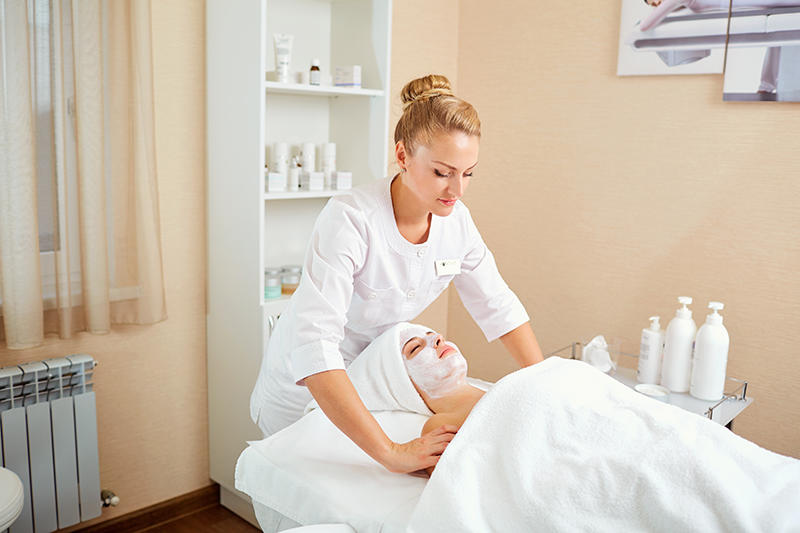Industry insights on skills needs
Job vacancy data suggests the top five occupations in demand across the Personal Services industry are:
- Hairdresser
- Florist
- Funeral Workers (nec)
- Beauty Therapist
- Gardener (General)
- Funeral Director.
According to job vacancy data the top two employers across the Personal Services industry are Justcuts Incorporated and Invocare Australia.
The Personal Services IRC’s 2019 Skills Forecast acknowledged that although technical skills are imperative, the following soft skills have been highlighted as priority skills for the industry:
- Teamwork and communication
- Emotional intelligence
- Resilience, stress tolerance and flexibility
- Self-management
- Creativity.
In addition, the top ranked generic skills for the industry according to the Personal Services IRC’s 2019 Skills Forecast, were:
- Customer service / Marketing
- Communication / Virtual collaboration / Social intelligence
- Design mindset / Thinking critically / System thinking / Solving problems
- Learning agility / Information literacy / Intellectual autonomy and self-management
- Language, Literacy and Numeracy (LLN).
The Personal Services IRC’s 2019 Skills Forecast identifies three factors which are currently challenging the industry. These are skills shortages, attraction and retention, and government policy / legislation changes.
A lack of skills and knowledge among industry graduates has been highlighted by employers, with the uptake of short, condensed and/or non accredited training, as well inadequate training materials identified as contributing to the lack of skills. In addition, many students are unable to gain real world work experience due to a lack of quality work placements and opportunities to gain practical experience, therefore meaning these students miss opportunities to develop both ‘soft skills’ and fundamental technical skills.
The challenge of attracting skilled workers has been in part attributed to key influencers such teachers, school career advisors and parents not valuing personal services occupations as viable career pathways, therefore dissuading young people from choosing a career within the Personal Services industry. Retention issues have been highlighted with regards to hairdressing apprenticeships where attrition rates are high and steadily increasing. Increased competition from home-based salons has been identified as draining the supply of skilled workers, while a suggestion has been made to encourage more engagement between apprentices and industry outside of mandatory work requirements to try and combat high attrition rates.
Inconsistent policies and legislation across jurisdictions mean that overall there is a lack of appropriate regulation in the hairdressing and beauty sector, according to the Personal Services IRC’s 2019 Skills Forecast. In many states, local councils are now responsible for determining if these businesses are meeting health regulations, as separate state-based shop registration procedures have now ceased. The industry strongly believed that licencing needs to return or be reintroduced for hairdressing and beauty services, especially in relation to the use of intense pulsed light (IPL), laser equipment and cosmetic tattooing. In line with this, SkillsIQ, under the direction of the Personal Services IRC, submitted a Case for Endorsement for the Advanced Diploma of Intense Pulsed Light and Laser for Hair Reduction Case for consideration by the AISC. The AISC approved the proposed training package products at its meeting in August 2021.
For detailed analysis of skills needs, see the respective sector pages.

